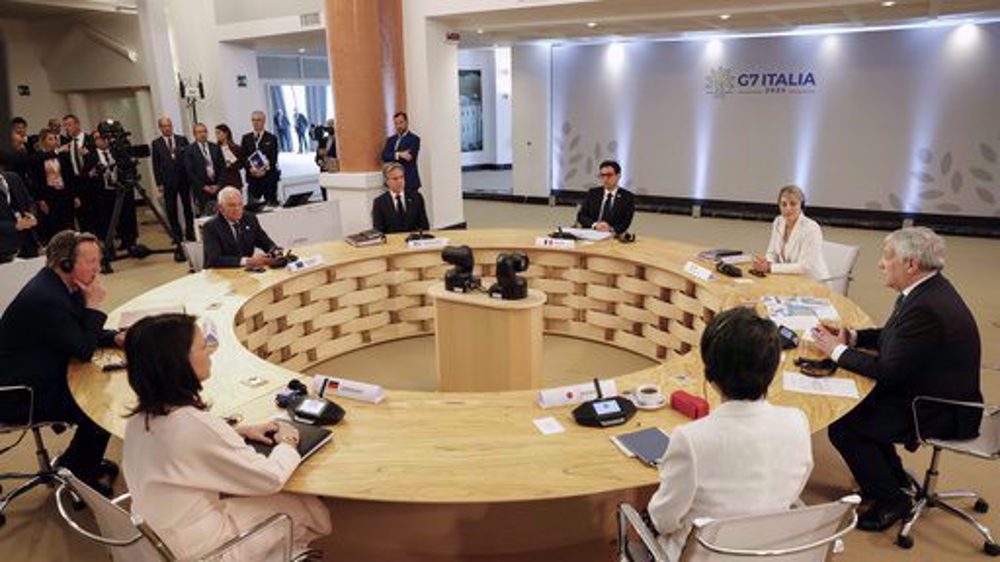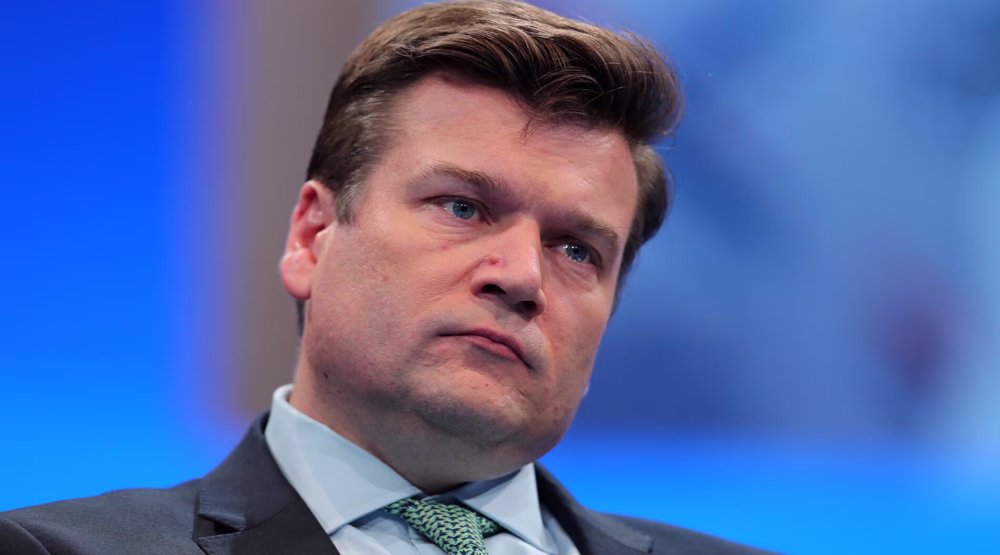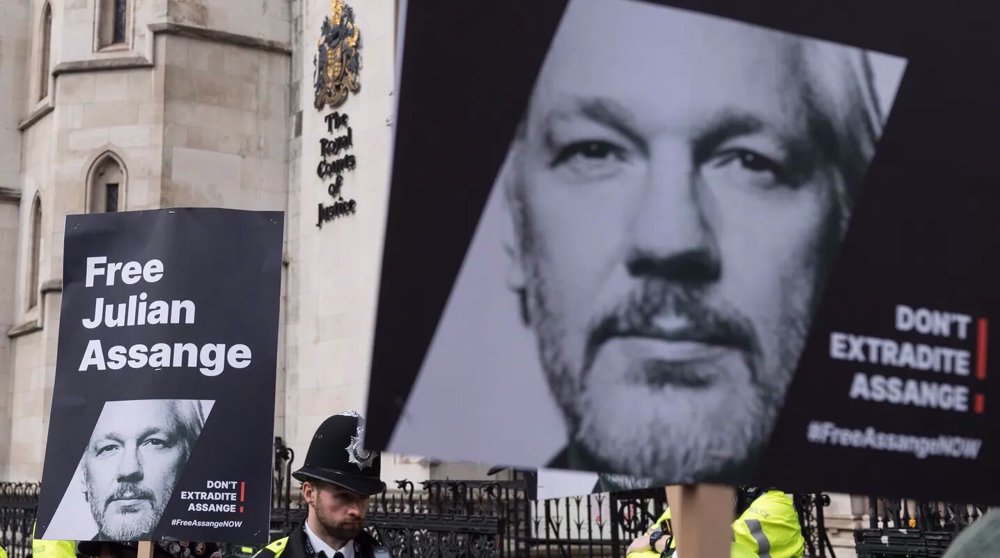UK Green leader supports boycott against Israel
The leader of UK’s Green Party says she supports a boycott against Israel, demanding that Tel Aviv comply with international law and human rights.
Natalie Bennett made the remarks in an interview with the London-based weekly newspaper the Jewish Chronicle.
Bennett said she supports the party’s official Israel boycott policy and backs the boycott of Israeli artists, musicians and academics.
The party leader called for the suspension of the EU-Israel Association Agreement – a trade deal worth over £1 billion (USD 1.5 billion) a year.
The agreement “should be contingent on respecting human rights and international law. Until Israel is in compliance with international law, I don’t think we should have that trade deal,” said Bennett.
In addition, Bennett called for an end to UK arms sales to Tel Aviv, saying, “I believe that we should be using diplomatic pressure to push Israel to respect international law and UN resolutions.”
On April 14, the Green Party launched its election manifesto ahead of next month’s general election.
Bennett said at the presentation that its Middle East policy would focus on seeking “a just, sustainable and peaceful solution to the Arab-Israeli conflict, based on mutual recognition of the rights to independent statehood for Palestinians and Israelis.”
The manifesto also condemns “human rights violations by both parties and the oppression and disproportionate use of aggression by the Israeli government against the people of Gaza.”

Anti-Israel boycott
The Boycott, Divestment and Sanctions (BDS) movement against Israel began in July 2005 by 171 Palestinian organizations, calling for “various forms of boycott against Israel until it meets its obligations under international law.”
The BDS movement also seeks to end the Israeli occupation and colonization of Palestinian lands and respect the right of return of Palestinian refugees.
The campaign has influenced the laws of European Union member states, which are now barred from cooperating with the Israeli companies that are linked to the occupied territories.
The EU has also blocked all grants and funding to any Israeli entity based in the illegal Israeli settlements.
Israeli illegal settlements
More than half a million Israelis live in over 120 illegal settlements built since Israel’s occupation of the Palestinian territories of the West Bank including East al-Quds (Jerusalem).
Much of the international community regards the settlements as illegal because the territories were captured by Israel in the 1967 war and are hence subject to the Geneva Conventions, which forbid construction on the occupied lands.
CAH/HSN/HMV
Iranians rally nationwide in support of Operation True Promise
Raeisi: Operation True Promise ‘a necessary response’ to Israel
OIC slams US for blocking Palestine’s bid for full UN membership
US police arrest 108 pro-Palestine protesters at Columbia University
Top commander names four 'historic achievements' of Operation True Promise
VIDEO | Iranian attack and crisis of entity
UN chief: Israel’s war turned Gaza into 'humanitarian hellscape'
Meta's WhatsApp challenged for complicity in Israel’s Gaza genocide










 This makes it easy to access the Press TV website
This makes it easy to access the Press TV website